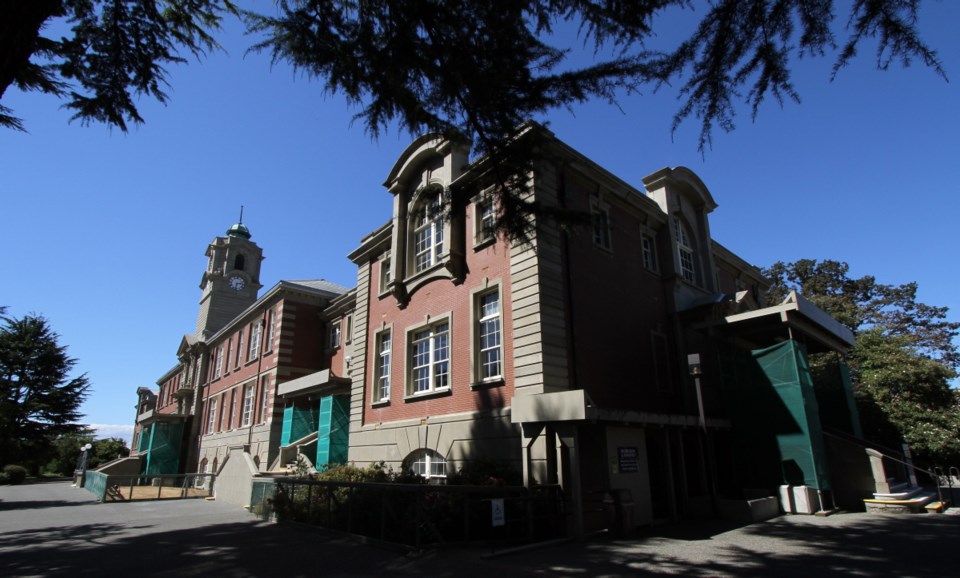Camosun College announced a hiring freeze Monday as it scrambles to cope with the impact of deep cuts to English training programs for new immigrants.
The move came as faculty and student groups across the province joined forces to fight the loss of $17 million in federal money for English as a second language programs at colleges and universities.
The federal government expects to award contracts directly through community and non-profit groups rather than flow money through the B.C. government to post-secondary schools.
Citizenship and Immigration Canada said no final decisions have been made. But Advanced Education Minister Amrik Virk said none of B.C.’s colleges and universities are expected to get the new contracts as of April 1.
Camosun College, which is among the hardest hit, was told it will lose about $2.5 million for ESL programs next year, which could double its projected shortfall to $5 million.
Camosun president Kathryn Laurin told staff in a memo Monday that the administration is re-examining its budget process in light of the ESL cuts. In the meantime, only positions needed for winter course commitments will be filled.
“All others are on hold,” she said.
Joan Yates, vice-president communications, said the freeze mostly affects administrative positions.
“It does not impact positions such as faculty term positions which are needed short-term, beginning in January, to offer a full slate of courses,” she said.
“So folks taking courses in all programs will not notice an impact at all. But if you’re on the admin side of the house, you probably will notice an impact.”
Laurin said voluntary staff reductions and retirements could be another strategy to reduce costs and balance the budget. More information will be released in January.
Laurin noted the proposed ESL cuts affect 28 faculty and staff and nearly 2,000 students who enrol in the programs each year. International students will not be affected as they cover their own costs.
“We are extremely concerned with this decision which will erode substantial public investment in a quality program, as well as impact some of our most vulnerable students,” she said.
“In addition, it is contradictory to the current federal and provincial policy to address a looming skills gap and increase opportunities for major economic development.”
The Federation of Post-Secondary Educators of B.C. and the B.C. branch of the Canadian Federation of Students in B.C. rallied at Vancouver Community College Monday to launch a campaign to save the ESL programs.
The groups plan to lobby the Canadian and B.C. governments and air advertisements next month.
“It seems such a waste,” said Cindy Oliver, president of the educators’ federation. “We bring people into our country to help build our economy, which is great, but then we abandon them. That’s just wrong; it’s wrong on every level.”
Oliver said that if the Canadian government refuses to reverse its decision, the B.C. government needs to step in and save the programs.
“I know they’re not pleased about the money being clawed back,” she said. “But if [Prime Minister Stephen] Harper won’t change his mind … then the province is going to have to come up with it. It’s just too important.”



